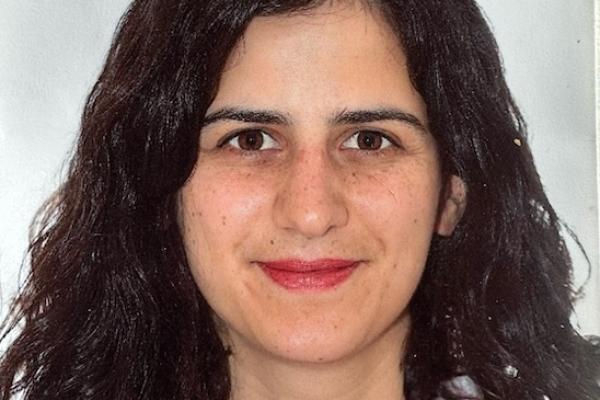
Speaker: Carol Cuesta Lazaro (MIT)
Big Data cosmology meets AI
The upcoming era of cosmological surveys promises an unprecedented wealth of observational data that will transform our understanding of the universe. Surveys such as DESI, Euclid, and the Vera C. Rubin Observatory will provide extremely detailed maps of billions of galaxies out to high redshifts. Analyzing these massive datasets poses exciting challenges that machine learning is uniquely poised to help overcome. In this talk, I will highlight three recent examples from my work on probabilistic machine learning for cosmology. First, I will explain how a point cloud diffusion model can better constrain cosmological parameters from 3D maps of galaxy positions compared to standard techniques. Second, I will present a generative model developed to reconstruct the unobserved dark matter cosmic web from observed light, in a probabilistic manner. And finally, I will introduce ongoing work on developing fast, differentiable, and accurate hybrid physics-ML simulators for N-body and hydrodynamical simulations. When combined with the wealth of data from upcoming surveys, these machine learning techniques have the potential to provide new insights into fundamental questions about the nature of the universe.
For Zoom information, please contact the seminar coordinators.
